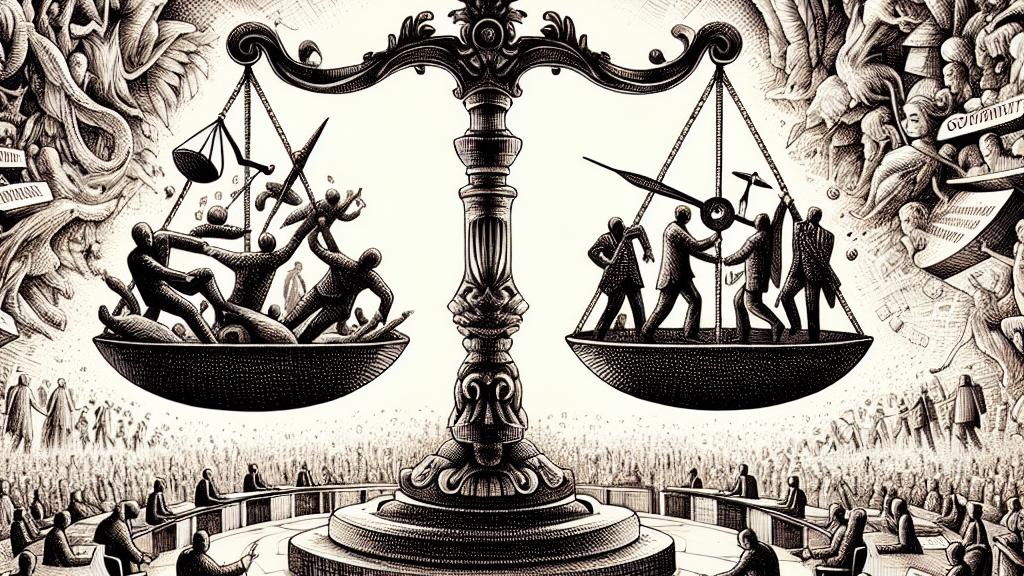Pheu Thai Party's Flexible Approach to Policy Changes
Overview
- Pheu Thai adapts its charter amendment strategies in response to coalition partner feedback, showcasing political agility.
- Concerns erupt over the proposed amendments' self-serving nature, igniting a broader conversation about political ethics in Thailand.
- Growing public demand for accountability highlights the crucial role of ethical standards in rebuilding trust in governance.

Understanding the Dynamics of Thailand's Political Arena
The political landscape in Thailand is incredibly dynamic, and the Pheu Thai Party exemplifies this adaptability through its recent decisions. Following the dismissal of Prime Minister Srettha Thavisin—an event linked to ethical concerns raised by his controversial cabinet choices—Pheu Thai has proposed charter amendments aimed at reinforcing ethical standards for public officials. This situation is fraught with complexity; critics argue that such amendments might cater more to personal interests than the collective good. This ongoing debate has caught the attention of both political analysts and the public, highlighting the fine line between ethical governance and self-serving politics. For instance, calls from civil society advocates for more robust ethical frameworks reflect a society ready for change.
The Intricacies of Coalition Politics
Deputy Prime Minister Phumtham Wechayachai's commitment to revising or even abandoning the party's charter amendment proposals based on coalition feedback underscores the importance of harmonious governance. His statement reiterates the need for collaboration in achieving political objectives. Notably, the Bhumjaithai Party has been vocal about ensuring transparency and scrutiny in government roles, with its leader, Anutin Charnvirakul, asserting that public officials should welcome examination as part of their responsibilities. This dynamic interaction among coalition partners highlights not just the challenges but also the opportunities for constructive dialogue that can lead to effective governance. It emphasizes the necessity for parties to navigate complex relationships to achieve shared goals.
The Vital Role of Ethical Standards in Governance
Discussions surrounding ethical standards serve as a clarion call for reform in Thailand's political system. The electorate, especially younger voters who have shown growing engagement, is demanding a shift toward greater accountability from their leaders. A striking example of this movement is the rise of the Move Forward Party, which promises a departure from the traditional political norms that many voters find disheartening. This trend is a testament to an increasingly informed electorate that is not afraid to challenge the status quo. As Pheu Thai continues to navigate these turbulent waters, its proactive approach to addressing ethical concerns will be crucial in shaping a more trustworthy political environment. In essence, how Pheu Thai responds to these demands may very well determine its future influence on Thai democracy.

Loading...